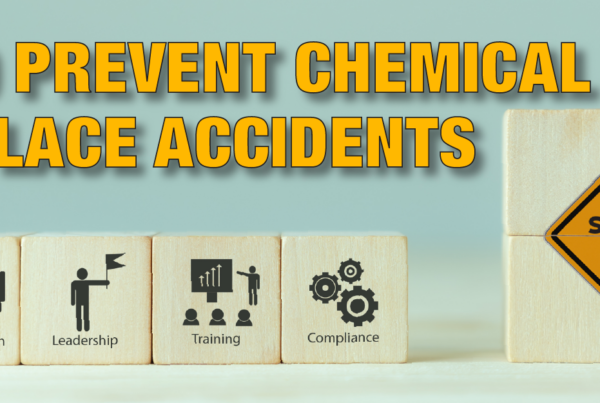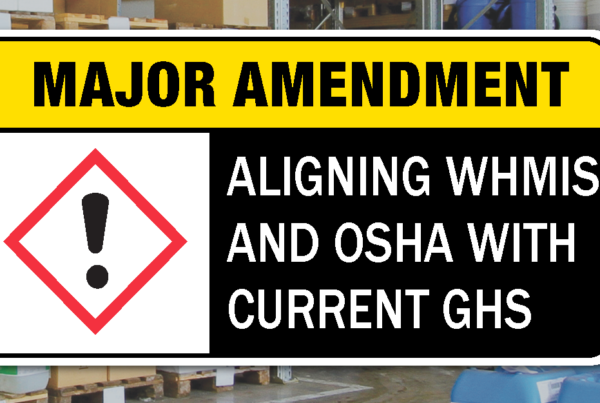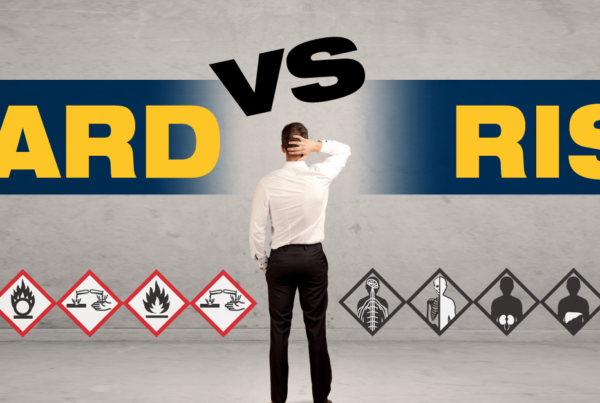I still find it hard to believe that there are some companies out there that haven’t heard of the Globally Harmonized System of Classification and Labeling (GHS). It’s hard for me to believe this, because in three months’ time everyone who works with hazardous chemicals in the workplace will have to be trained (and no I’m not kidding). December 1st, 2013 is the deadline to have all employees trained on the GHS within OSHA, yet somehow I still show up to companies to train their workers on shipping dangerous goods (this often involves employees who are in the EHS department) and I ask them if they have heard of GHS or OSHA HazCom 2012. To my surprise I still get the blank stares and the question “What is that?”. This really isn’t a bad thing for me because that means I get to help one of our clients avoid fines by informing them about more training they will need, and in many cases they have ICC train them in GHS within OSHA as well.
The GHS is what OSHA has adopted for its new Hazard Communication Standard and it was adopted in 2012 which is why the standard is called OSHA HazCom 2012. This new standard is meant to try and “harmonize” hazardous chemical communications around the globe. Before we go any further I want to inform you that the GHS and OSHA HazCom 2012 are NOT the same thing. The GHS is a recommendation that was developed at the “Earth Summit” in 1992 in Brazil by the United Nations (UN), and it encompasses the classification of chemicals, SDSs, labels, and training. OSHA HazCom 2012 are the pieces of GHS that OSHA has adopted plus other hazards that were not part of the GHS.
The major change that is happening with the adoption of the GHS within OSHA is going to be the classification of chemicals. The classification will drive the standard phrases that will appear on the SDS (changed from MSDS) and also appear on the drum labels. Under the old system there was very little information that needed to be provided on an SDS and each country had different standards for how they wanted chemicals classified. Depending on the chemical that was being shipped there could be a classification of toxic in one country, flammable in another, and flammable and toxic in a third. This caused chemical manufacturers to need at least three MSDSs for that one product. As you can imagine, this caused nightmares for chemical companies who wanted to be competitive on a global market.
Now, I know what you are thinking “if the GHS is adopted then won’t that fix these problems?”, and the simple answer to that is “no”, not necessarily. As I mentioned earlier the GHS is just a recommendation that the UN would like you to follow, but it is no way mandatory. What this means is that countries are free to adopt any portion of the GHS that they would like in fact they do not have to adopt any portion of the GHS if they do not want to. The United States did just that, they adopted portions of the GHS, and they added extra hazards (hazards not otherwise classified) to it as well. Not only is the GHS optional but the U.N. is updating the recommendations every two years and not every country is updating alongside the U.N.. The U.S. decided to use the 3rd revision of the GHS which was published in 2009, and in June of 2013 the U.N. published the 5th revision of the GHS, so the U.S. is a little behind.
The question we should really be asking ourselves is “Will the GHS improve workers knowledge of the hazards associated with the chemicals in the workplace?” and in my honest opinion I believe that the implementation of these recommendations will produce a more knowledgeable workforce who will be able to keep themselves safe when using hazardous chemicals in the workplace. Not only do I believe in the safety and knowledge that the GHS brings, but I also believe that with time, many more countries will adopt these recommendations which will transition us into a “Globally Harmonized System” where we will no longer need 3 SDSs (or more) for one product.
For those of you that have stuck with me this long I can only assume (and we all know what assuming makes us) that you are interested in the GHS and want more information. Well, if I am correct and you do want more information, then you have come to the right place. We are here to help you understand what is required of you to make this a smooth transition, whether it be classifying chemicals and authoring an SDS for them or maybe you just need to be trained so you can understand what is required of you, either way we will keep you up to date on your GHS needs. Give 888-442-9628 a call if you are confused about GHS or you want more information on training or services.






 ICC USA
ICC USA ICC Canada
ICC Canada